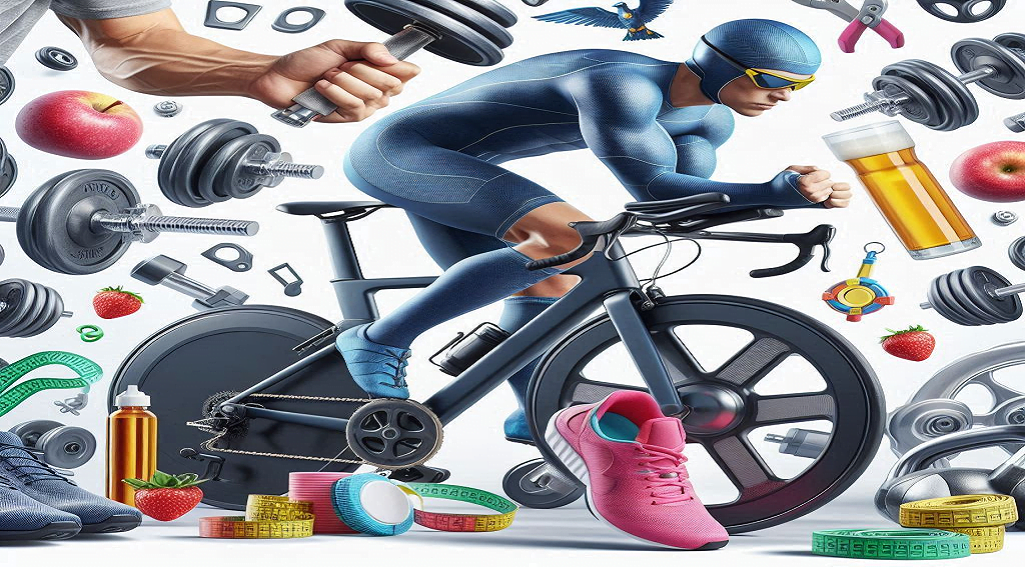The DASH diet (Dietary Approaches to Stop Hypertension) is a healthy diet designed to help prevent or treat high blood pressure (hypertension). It emphasizes the consumption of:
- Fruits and vegetables
- Whole grains
- Low-fat or nonfat dairy products
- Lean meats, fish, and poultry diet
- Nuts, seeds, and legumes
The diet limits foods high in saturated fats, cholesterol, and trans fats, as well as reducing sodium intake, sweets, sugary beverages, and red meats.
The DASH diet is beneficial for lowering blood pressure, promotes overall heart health, and can help with weight management.
What are the benefits of following the DASH diet?
Following the DASH diet offers several health benefits:
- Lowers Blood Pressure: The primary goal of the DASH diet is to reduce high blood pressure, which it does effectively by emphasizing nutrient-rich foods and reducing sodium intake.
- Reduces Risk of Heart Disease: By lowering blood pressure and improving cholesterol levels, the DASH diet helps reduce the risk of heart disease.
- Prevents Type 2 Diabetes: The diet’s emphasis on whole grains, fruits, and vegetables helps regulate blood sugar levels, reducing the risk of developing type 2 diabetes.
- Supports Weight Loss: The DASH diet encourages healthy eating habits that can lead to weight loss and maintenance.
- Improves Mental Health: Some studies suggest that the DASH diet can improve mental health, including reducing symptoms of depression and anxiety.
- Enhances Overall Nutrient Intake: The diet promotes a balanced intake of essential nutrients like potassium, calcium, and magnesium, which are beneficial for overall health.
Incorporating the DASH diet into your meals can be straightforward and enjoyable. Here are some practical tips to get you started:
- Choose Whole Foods: Focus on whole, unprocessed foods. These include fresh fruits, vegetables, whole grains, lean proteins, and low-fat dairy products.
- Increase Fruits and Vegetables: Aim to fill half your plate with fruits and vegetables at each meal. They are rich in essential nutrients and fiber.
- Opt for Whole Grains: Replace refined grains with brown rice, quinoa, whole wheat bread, and oatmeal.
- Select Lean Proteins: Choose lean meats, fish, poultry, beans, and legumes. Limit red meat and opt for plant-based proteins when possible.
- Include Low-Fat Dairy: Incorporate low-fat or nonfat dairy products such as milk, yogurt, and cheese.
- Use Healthy Fats: Use healthy fats like olive oil, avocado, and nuts. Avoid trans fats and limit saturated fats.
- Reduce Sodium: Limit your sodium intake by avoiding processed foods and using herbs and spices for flavor instead of salt.
- Limit Sweets and Sugary Beverages: Cut back on sweets, sugary drinks, and foods high in added sugars.
Sample Meal Plan
Breakfast: Greek yogurt with fresh berries and a sprinkle of nuts.
Lunch: Grilled chicken salad with mixed greens, tomatoes, cucumbers, and a vinaigrette dressing.
Dinner: Baked salmon with quinoa and steamed broccoli.
Snacks: Fresh fruit, raw veggies with hummus, or a handful of almonds.
While the DASH diet is designed to provide all the necessary nutrients through food, some people might benefit from supplements to ensure they meet their nutritional needs. Here are a few supplements that could complement the DASH diet:
- Calcium: If you’re not consuming enough low-fat dairy products, a calcium supplement can help maintain bone health.
- Vitamin D: This vitamin aids in calcium absorption and is important for bone health. If you have limited sun exposure or dietary intake, a supplement might be beneficial.
- Magnesium: Essential for muscle and nerve function, magnesium can be found in whole grains, nuts, and green leafy vegetables. A supplement can help if your diet is lacking.
- Potassium: While the DASH diet is rich in potassium from fruits and vegetables, a supplement can help if you have difficulty meeting the recommended intake.
- Omega-3 Fatty Acids: These are important for heart health and can be found in fatty fish, flaxseeds, and walnuts. If your intake is low, consider a fish oil or flaxseed oil supplement.
- Vitamin B12: If you follow a vegetarian or vegan version of the DASH diet, you might need a B12 supplement, as this vitamin is primarily found in animal products.
It’s always a good idea to consult with a healthcare provider before starting any new supplements to ensure they are appropriate for your individual health needs.
